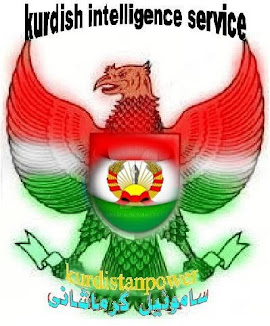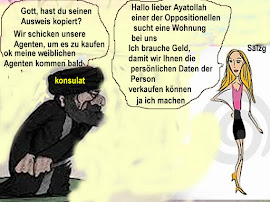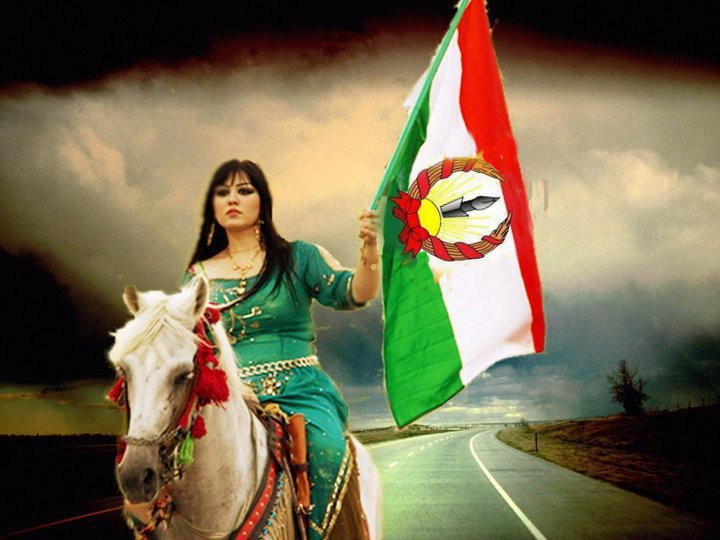Democracy Cross Curriculum Project.
This democracy citizenship scheme of work introduces students at upper KS2, 3 and 4 to different forms of government and the values underlying them. The unit introduces students to the ‘big’ themes of politics through an experiential, narrative and dialogic approach.
Through a talk based approach, students critically explore the ideas underlying government.
In this unit, students invent their own country – which then goes through stages of development. It experiences anarchy, dictatorship and revolution Through this experiential approach, the unit produces an incredibly sophisticated level of debate surrounding the core values of democracy – freedom, stability, individuality and rule of law.
Project overview: Democracy and other forms of government
Key question: How, and by whom, should we be governed?
Setting: Fictional country created by students in the first lesson.
Product: An ‘ideal’ system of government for Country X.
Main coverage: Citizenship, literacy
Introduction and background
This project is dedicated to teaching clearly about what democracy is – distinct to learning about the British parliamentary system of government. Here students are also exposed to other forms of government – to understand features of democracy, in the context of systems without rights and freedoms. The aim is to provide students with theoretical tools to understand contemporary politics in other countries and to give them space to develop their own ideas about the ideal way to govern a country.
By exploring the processes, mechanisms and values that underlie democracy, this unit also meets the requirements of the 2008 Citizenship Order - which requires that students understand: 'Freedom as part of democracy; fairness and the rule of law as part of justice; power and authority; and accountability. Pupils should understand that accountability happens at many levels'.
The unit also addresses the requirements of the PoS that students participate in democratic activities – including voting and campaigning.
The secondary aim of this unit is to introduce students to topical political issues and to use their newly acquired theory to understand them.
Learning through story, learning through talk
This resource was influenced by the idea that people learn through narrative. ‘Forms of government’ can be a dry, institutional topic. Here to unravel how parliament reflects powerful beliefs, learning is grounded in a story. This builds on Kieran Egan’s work, who argues that humans make sense of things through story. He argues that the rational and imaginative parts of our minds are interdependent – knowledge requires emotional engagement to have meaning.
This unit is structured by the class creating its own country. The class then lives a story of events that ha ppen to their country. Students must use their imaginations to be part of this world – and to participate in the changes happening to them. Through this learning method students develop an emotional attachment to the country they have created, and they take the developments very seriously - responding passionately and thoughtfully about what’s happening and what should be done.
ppen to their country. Students must use their imaginations to be part of this world – and to participate in the changes happening to them. Through this learning method students develop an emotional attachment to the country they have created, and they take the developments very seriously - responding passionately and thoughtfully about what’s happening and what should be done.
 ppen to their country. Students must use their imaginations to be part of this world – and to participate in the changes happening to them. Through this learning method students develop an emotional attachment to the country they have created, and they take the developments very seriously - responding passionately and thoughtfully about what’s happening and what should be done.
ppen to their country. Students must use their imaginations to be part of this world – and to participate in the changes happening to them. Through this learning method students develop an emotional attachment to the country they have created, and they take the developments very seriously - responding passionately and thoughtfully about what’s happening and what should be done.
The unit has a heavy emphasis on activities developing critical thinking through talk-based learning. The unit builds on ideas from P4C and ‘Thinking Together’. According to Thinking Together, exploratory talk allows students to develop their level of thinking as a group and alone. They do this by making their reasoning ‘visible’ – using words like ‘I think’, ‘because’ and ‘why’. They recognise that, when persuading others, they must justify their ideas with reasons. They understand that they must seek and respond to contributions from others. Through talk, students also develop their ideas. Conversation is a creative process. In thinking through and responding to others’ ideas, students develop their own.
Much of the learning happens through discussion – in reaction to events. By thinking together, students critically unravel the strengths and weaknesses of the different forms of governments. They collaboratively explore what they think is important and critically explore the challenges of action and revolution. Using debate, scenario-based role play and problem solving, students empathise with the experience of different types of government. The students should be encouraged to feel it is ok – in fact, that is the whole point! - to change their view. They don’t have to defend a view to its end. In debate students should feel free to change sides if they change their opinion. In problem solving role play, the emphasis is on reaching an agreement – and thus compromise.
To complement this approach, students are asked to write a ‘diary entry’ for each of the lesson’s events. This is an opportunity for the students to express their opinion, justify it and record it. Through this, it should be evident that students have learned the value of explorative talk as a generator of ideas and a key to further learning – and don’t see ‘speaking their minds’ as an end in itself.
Download the democracy resources here:
http://www.teachingtimes.com



















.jpg)







.jpeg)


















.jpg)











Inga kommentarer:
Skicka en kommentar